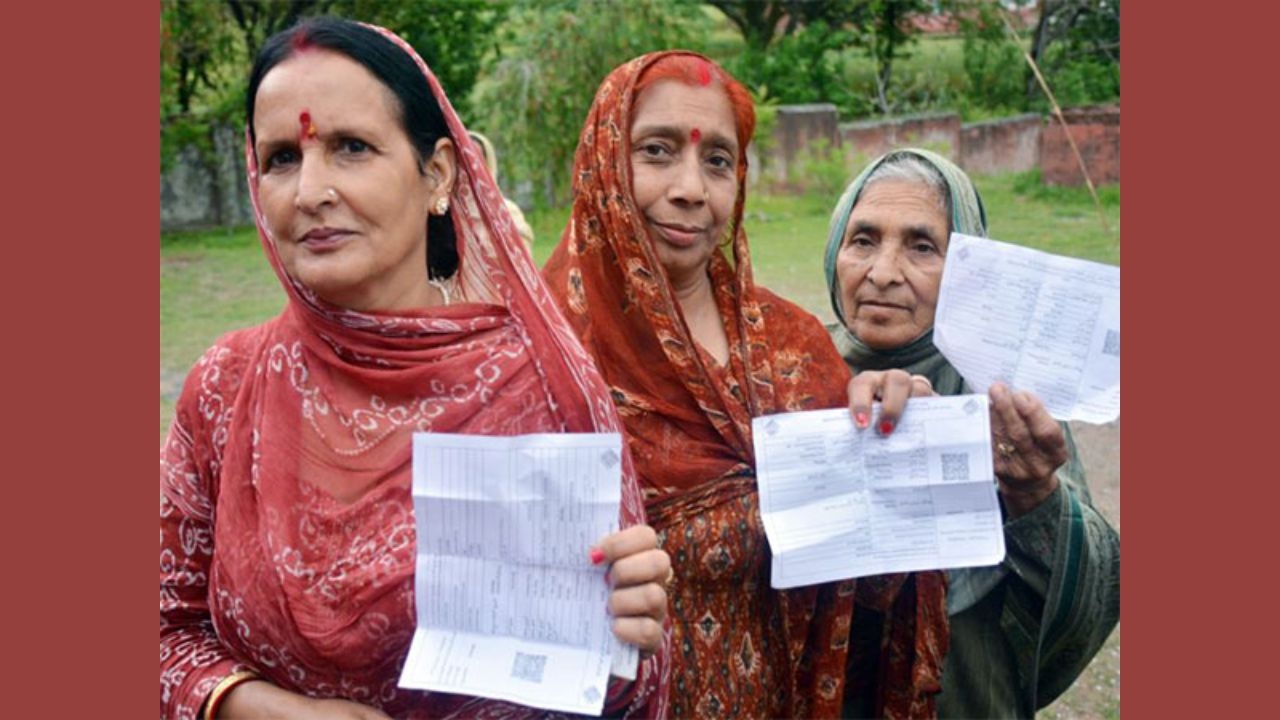
Indian film actor Manoj Bajpayee recently won the best actor award in the Asia Pacific Screen Awards, for his portrayal of a gay professor, Ramchandra Siras, in the 2016 Hindi film Aligarh.
Based on a true story, the film depicts the dismissal of Professor Siras from Aligarh University after a sting operation exposed his sexual orientation. In the film, the argument is made that a university's code of conduct overrides a person's constitutional right.
In the court case in which Aligarh University was sued for suspending the professor for being gay, the defense's argument was that Aligarh University's code of morality condemning homosexuality was more important than the fact that, at the time, acts "against the order of nature" were legal in India.
The argument, as regards the autonomy of institutions to enforce their own codes of conduct (as made by Aligarh University's defense team) did not hold, and the suspension of the professor was reversed.
At the University of Wisconsin-Madison (UW) in the U.S. a similar tension between constitutional rights and an institution's right to enforce its own code of conduct played out at the University's Camp Randall stadium on Saturday October 29th, 2016. At the Wisconsin vs. Nebraska Football game, just a few days before Halloween, a white male spectator dressed up as President Obama with a noose around his neck held by a companion dressed as the then-presidential candidate Donald Trump.
While the noose imagery in its enactment of the lynching of African-Americans in the late 19th and early 20th centuries was deemed sufficiently incendiary for stadium staff to ask the spectator to remove the rope, the two fancy dressers were not asked to leave the stadium. The argument was made that under the First Amendment of the US Constitution, they were within their rights of free speech to dress up as they saw fit. The UW Chancellor, Rebecca Blank issued a statement explaining this decision while expressing her own profound disappointment at the choice of apparel of the two football fans.
On the UW campus an outcry ensued. Many parties pointed out that on this campus, beleaguered in recent times by extreme expressions of racial bias, the protection of the two spectators simply undid all the tiny positive steps towards addressing racism on campus that had been made.
About a week later, the campus leadership, under pressure from multiple groups on campus including the Equality and Diversity Committee, reversed its stance and decreed that the University's Code of Conduct did in fact override whatever free speech argument had been made earlier. The two spectators in question had their season tickets revoked.
Chancellor Blank's decision, taken after unceasing advocacy from campus entities as well as the larger community, was undoubtedly the correct one on a campus that is desperately trying to establish codes of behavior that address the racism that has long been part of its culture. The same logic however, cannot be applied to Aligarh University's argument, as shown in the movie Aligarh - that it had the right to invade a professor's privacy and suspend him for acts that the University considered immoral. A belief in liberal values, that seem to be a part of the Academy, may be able to accommodate the seeming incongruity between the two cases. However, it is important to remember that any legislation of morality, constitutional or institutional, can and at some point likely will, be used against those it is meant to protect.
While the flip-flopping around section 377 of the IPC may not result in gay men and women being thrown in jail for their sexual orientation there is an increased risk of harassment of, and bribe demands from, the gay community whose legal rights are not currently upheld by the Indian constitution.
In Aligarh, the protagonist's constitutional rights, ideally, should have resulted in his job being reinstated. However, a community unable to accept his sexual preference chose its own form of punishment.
The film ends with a sad reminder that ultimately a nation's morality cannot be legislated. As stated in the phrase popularized by Charles Dickens, the law is an ass. If legal recognition is not bolstered by sustained and bold activism and advocacy, it makes asses of us all.







![BJP's Kapil Mishra recreates Shankar Mahadevan’s ‘Breathless’ song to highlight Delhi pollution [WATCH] BJP's Kapil Mishra recreates Shankar Mahadevan’s ‘Breathless’ song to highlight Delhi pollution [WATCH]](http://images.catchnews.com/upload/2022/11/03/kapil-mishra_240884_300x172.png)

![Anupam Kher shares pictures of his toned body on 67th birthday [MUST SEE] Anupam Kher shares pictures of his toned body on 67th birthday [MUST SEE]](http://images.catchnews.com/upload/2022/03/07/Anupam_kher_231145_300x172.jpg)






